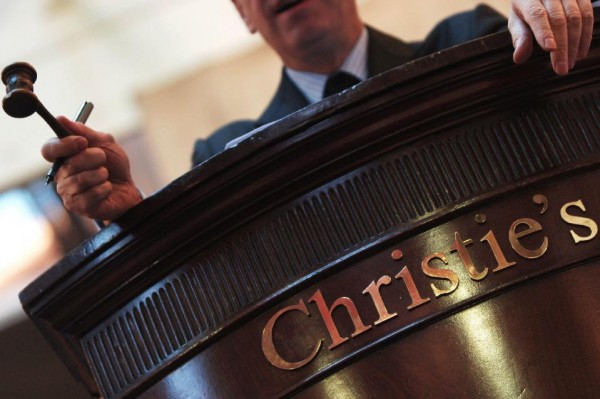
A Spanish court imposed a sale and export ban on a letter written by Christopher Columbus on Tuesday, preventing it from heading to the auction block at Christie’s, London. The court declared in a statement that the document, estimated to sell for €21 million ($22.3 million), was “of huge national importance.”
The letter was consigned by the cultural foundation run by the House of Alba, one of Spain’s wealthiest aristocratic families. Dating from April 29, 1498 the letter was sent by Columbus to his son, Diego.
A Madrid High Court upheld the sale ban imposed by the Spanish Culture Ministry which claimed the document was an invaluable piece of Spanish heritage. The foundation challenged the decision on the basis that the proceeds from the sale were urgently required for the maintenance of the foundation’s other, far more valuable holdings.
The Alba foundation, which owns over twenty letters by Columbus, claimed it had carefully selected the letter with “the least historical value.”
Christie’s London concurred claiming that the letter, Columbus’s personal correspondence with his son, had “an individualized content,” and thus “cannot be considered one of the most important.”
Following the death of the flamboyant billionaire, art collector, and former head of the Alba Foundation, María del Rosario Cayetano Fitz-James Stuart y Silva, in November (see Spain’s Greatest Art Collector, Dead at 88) her son, Carlos Martínez de Irujo, has taken charge of the Foundation.
European governments routinely impose export or sale bans to preserve their national heritage. (see Claude Lorrain Painting Banned from Leaving UK, and George Grosz Work Forbidden from Leaving Germany).